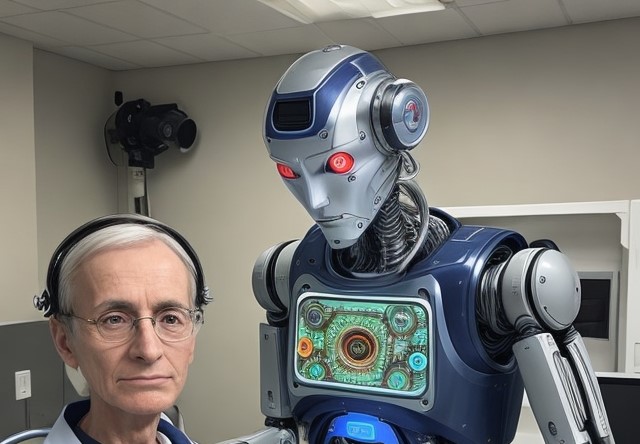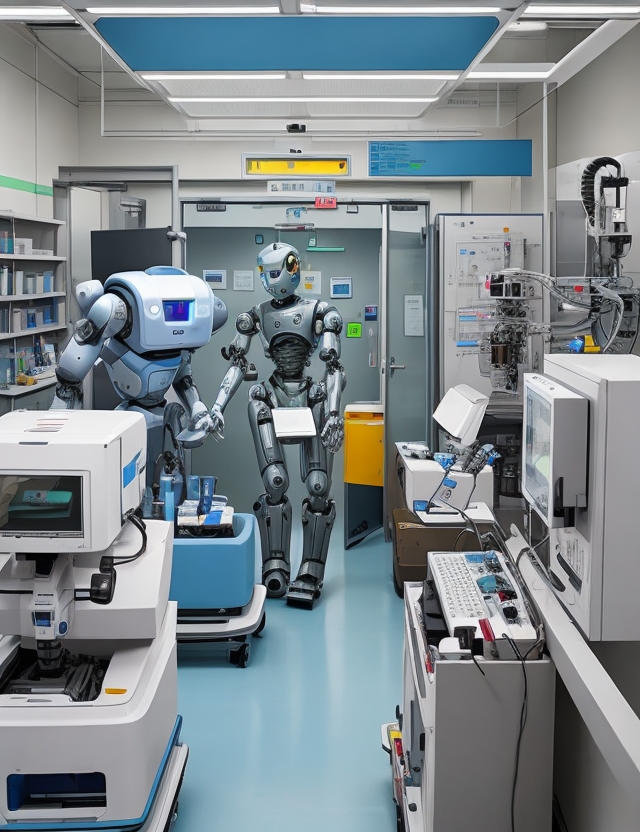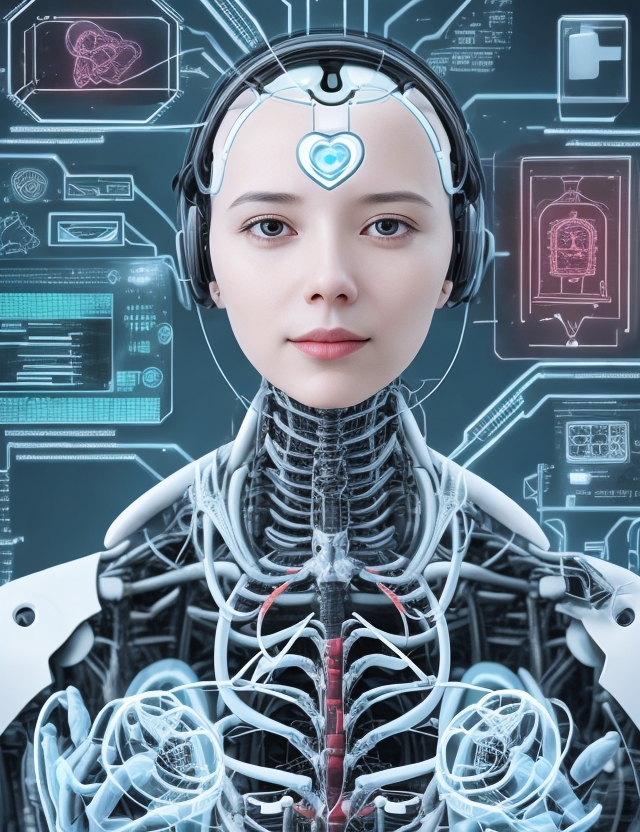
Artificial intelligence (AI) is transforming the field of healthcare by providing new ways to diagnose, treat, and prevent diseases. A recent article published in Nature discussed a study that AI outperformed human doctors in both accuracy and empathy when interacting with patients. This raises the question: what are the implications of AI for Americans and our current healthcare system?
Robots Out-Empathizing Humans
What caught my attention was AI outperforming doctors in empathy. One of the complaints that is often lodged is that patients feel rushed and dismissed when they visit their doctor. Could AI turn this around with better accuracy to boot? And how does that empathy resonate with patients when it is incapable of coming from a genuine place of feeling? Perhaps hearing the right things means more than knowing whether or not the words are genuine.
The Promise of AI in Healthcare
AI has the potential to improve the quality, efficiency, and accessibility of healthcare services. For example, AI can help:
- Predict health trajectories and recommend treatments based on data from electronic health records, genomic tests, and wearable devices.
- Guide surgical care by providing real-time feedback, navigation, and assistance.
- Monitor patients remotely and alert providers in case of emergencies or changes in conditions.
- Support population health management by identifying risk factors, providing preventive interventions, and evaluating outcomes.
AI can also reduce provider burden and increase patient satisfaction by recording digital notes, optimizing operational processes, and automating laborious tasks. Additionally, AI can enhance patient engagement and empowerment by providing personalized education, coaching, and support.

The Challenges of AI in Healthcare
However, AI is not a panacea for all the problems in healthcare. There are still many challenges and limitations that need to be addressed before AI can become a mainstream part of healthcare. Some of these include:

- Data access: AI systems require large amounts of high-quality data to be effective, but data is often fragmented, incomplete, or inaccessible due to technical, legal, or ethical barriers.
- Bias: AI systems can reflect or amplify the biases of their developers, data sources, or users, leading to unfair or inaccurate outcomes for certain groups of people.
- Scaling and integration: AI systems need to be scalable, interoperable, and compatible with the existing healthcare infrastructure, which can be complex, heterogeneous, and legacy.
- Transparency: AI systems can be opaque or incomprehensible, making it difficult to understand how they work, why they make certain decisions, or how to correct them if they make mistakes.
- Privacy: AI systems can pose risks to the privacy and security of patient data, especially when they are connected to the internet or shared across different platforms or organizations.
The Ethical and Social Implications of AI in Healthcare
Beyond the technical and practical challenges, AI also raises ethical and social questions that need to be carefully considered. Some of these include:
- Human dignity: How do we ensure that AI respects the dignity and worth of human beings, and does not dehumanize, objectify, or manipulate them?
- Human autonomy: How do we ensure that AI respects the autonomy and agency of human beings, and does not coerce, manipulate, or override them?
- Human trust: How do we ensure that AI fosters trust and confidence between human beings, and does not erode, deceive, or betray them?
These questions are not easy to answer, but they are essential to address before we start to rely on AI for our medical care. We need to establish clear ethical principles, guidelines, and standards for the development and use of AI in healthcare, and ensure that they are aligned with the values and interests of the stakeholders involved.
Conclusion
AI has the potential to revolutionize the way we deliver healthcare in America, but it also comes with significant challenges and risks. We need to be aware of the benefits and drawbacks of AI, and weigh them carefully before we adopt it. We also need to be proactive in addressing the ethical and social implications of AI, and ensure that it serves the common good.
The potential implications of AI in American healthcare are complex with no easy answers, but it is one that we need to start thinking about now.







